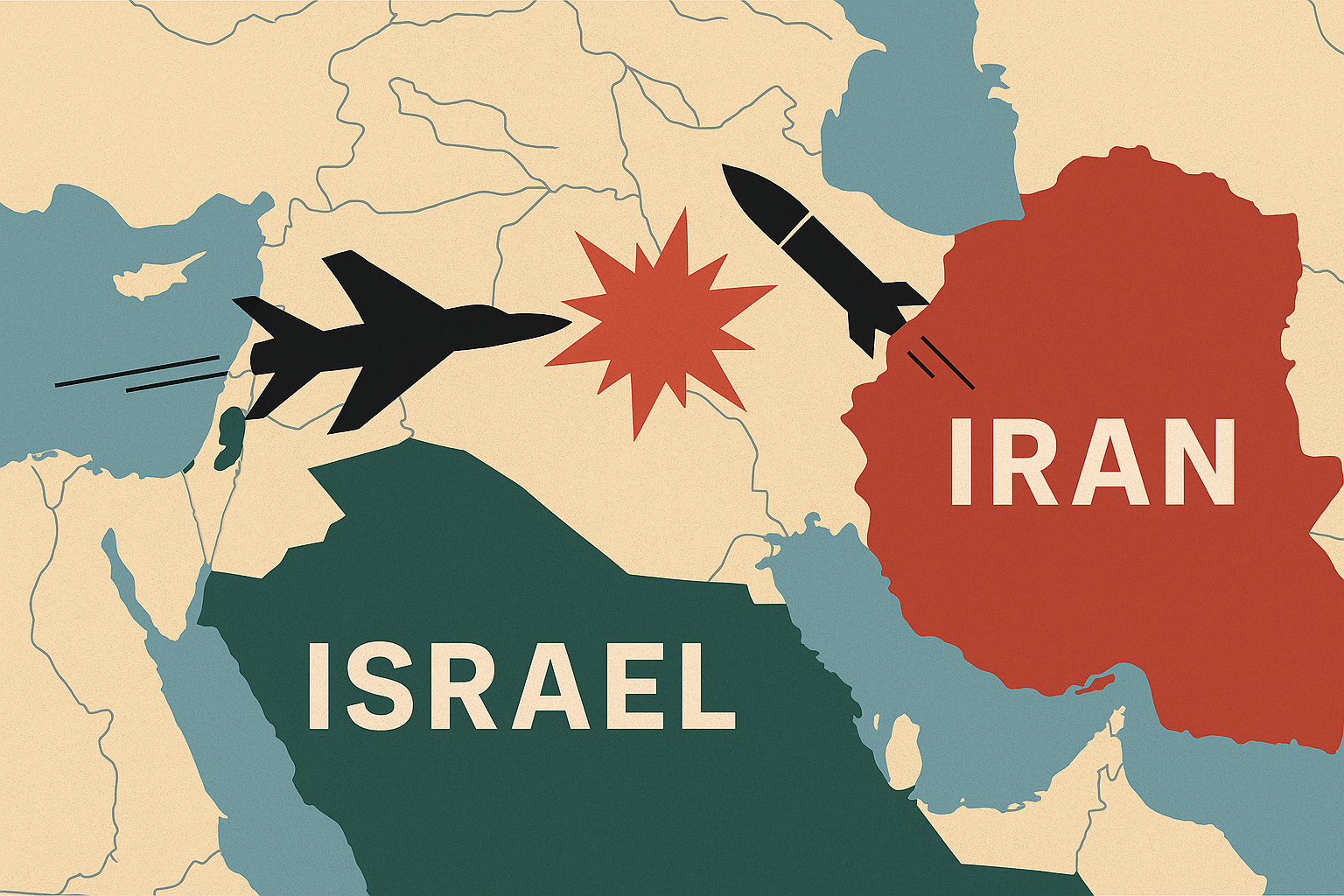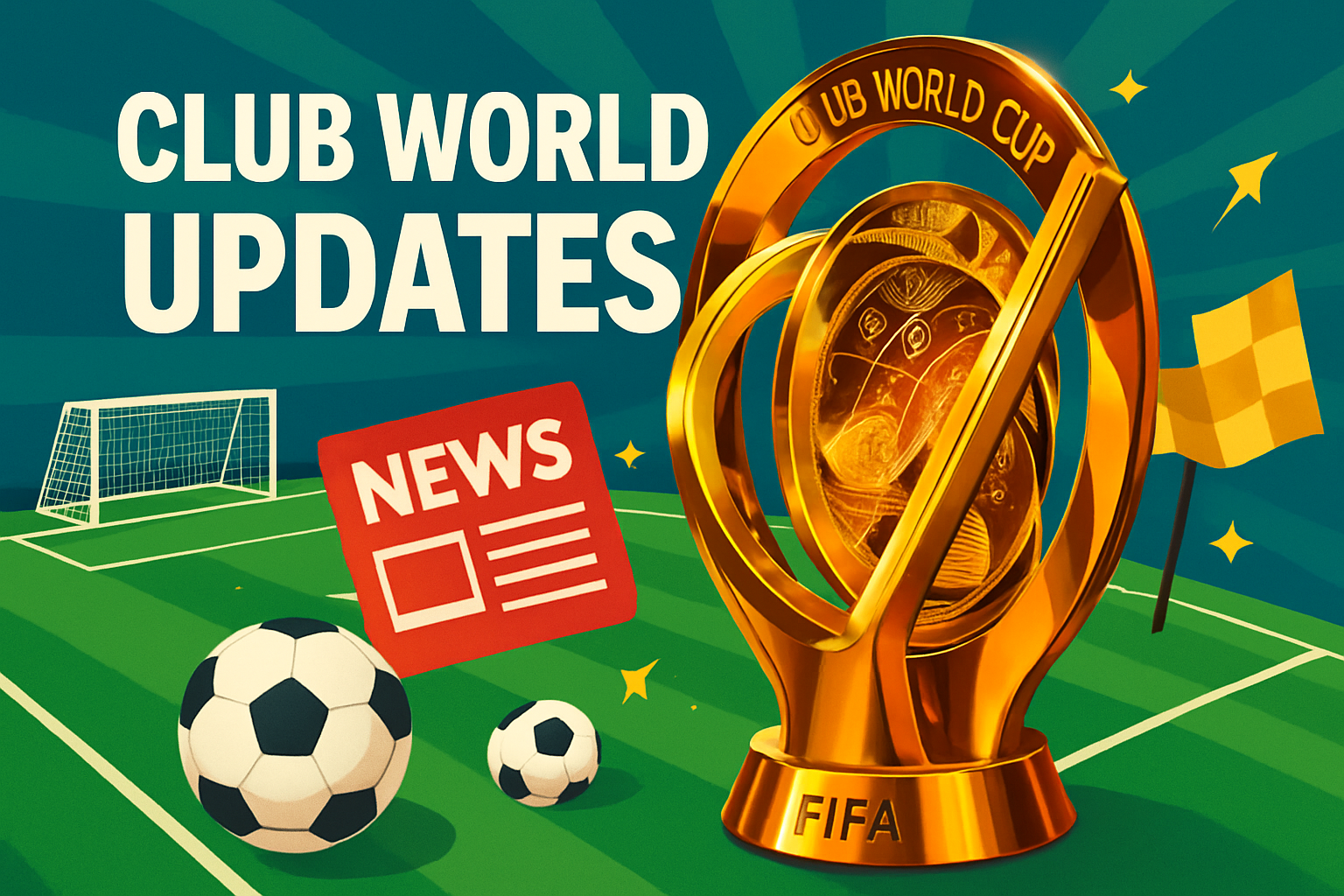The Israel-Iran conflict remains one of the most volatile geopolitical tensions in the Middle East. It stems from ideological opposition, military rivalry, and strategic threats. Although not a direct war, it plays out through proxy groups, cyberattacks, and diplomatic standoffs, affecting not only the region but global stability as well.
This conflict also influences oil markets, diplomatic relations, and international alliances, making it a concern far beyond the borders of Israel and Iran.
Origins of the Conflict
Since Iran’s Islamic Revolution in 1979, the country has openly opposed Israel’s legitimacy. Iran supports groups such as Hezbollah and Hamas, which have launched attacks on Israeli targets. Israel, in turn, views Iran’s nuclear program as a severe threat to its national security and actively works to block its development.
Both nations continue to shape their foreign and defense policies around this rivalry, leading to a cycle of provocation and retaliation.
The Shadow War
Rather than a conventional battlefield, the Israel-Iran conflict is fought through indirect means. Israel conducts airstrikes in Syria targeting Iranian assets, while Iran backs militant proxies. Cyberwarfare is also a core element, with attacks on infrastructure and nuclear facilities. These tactics have turned the region into a persistent zone of uncertainty.
👉 Learn more: How the Israel‑Iran conflict is reshaping the Middle East – The National Interest
👉 Read more world news
Recent Developments
In recent years, tensions have escalated due to the U.S. withdrawal from the nuclear deal, increased rocket attacks from Iranian-backed militias, and Israeli military responses. This tit-for-tat has made the region increasingly unstable, and many observers fear that a single miscalculation could trigger a broader military confrontation.
Possible Future Scenarios
The future of the Israel-Iran conflict may involve continued indirect warfare, diplomatic intervention by global powers, or—less likely—an open military confrontation. Efforts toward negotiation remain difficult, but international diplomacy may play a vital role in de-escalating the situation.




